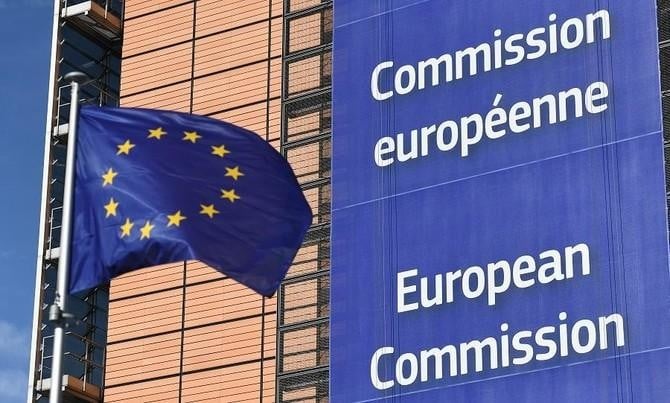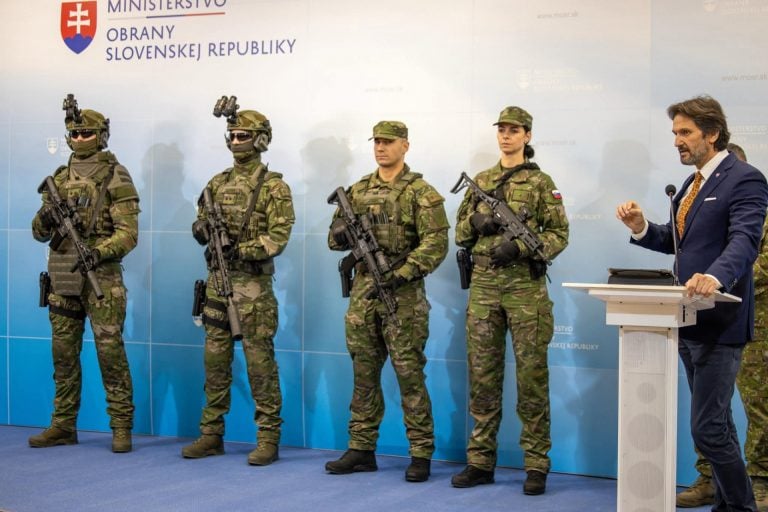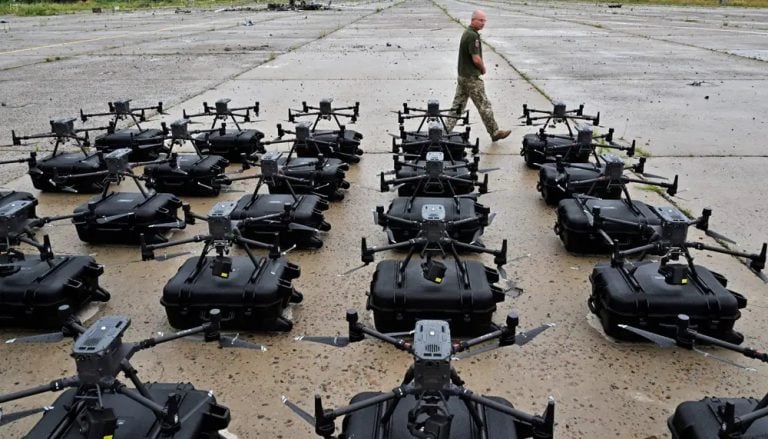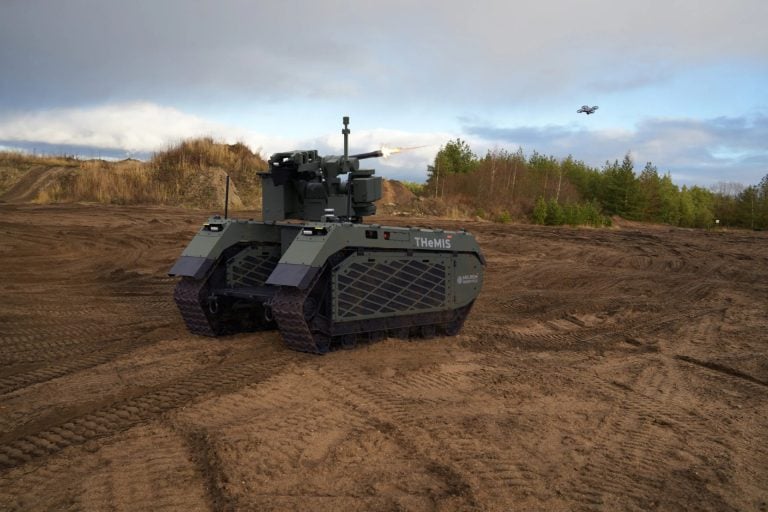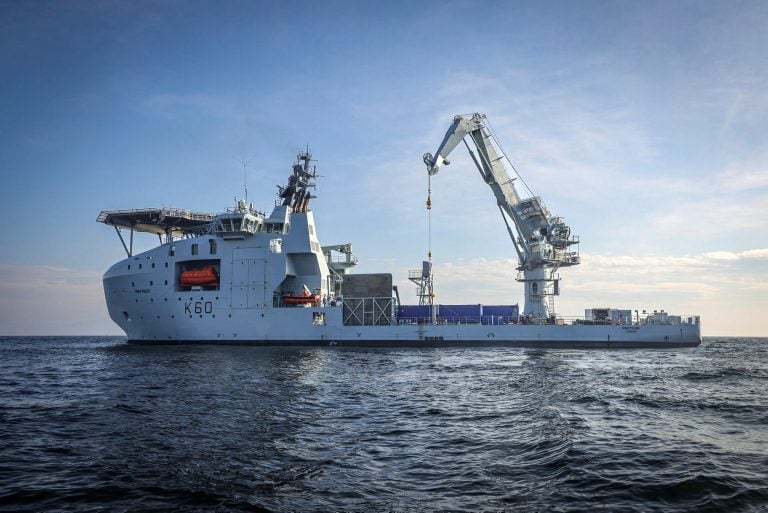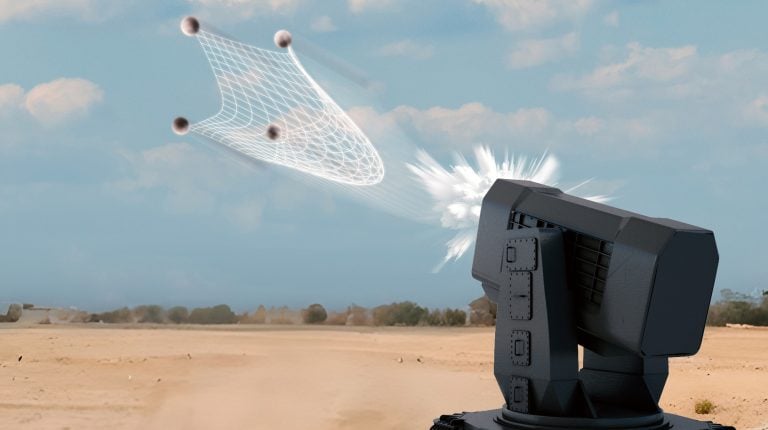The European Commission has made a significant investment of over 1 billion euros (approximately $1.02 billion) earmarked for collaborative defense research and development through the European Defence Fund (EDF). This initiative is particularly focused on bolstering emerging industries in the development of ground combat systems and force protection capabilities.
The EDF will support a total of nine competitive calls for proposals, encompassing 31 distinct topics. These topics include funding for innovative technologies such as human-AI interaction tools, specialized chipsets for defense applications, and advancements in deep-sea technology. A dedicated budget of around 100 million euros ($102 million) has been allocated to encompass critical sectors, including ground combat, space operations, air and naval combat, energy resilience, and environmental transitions.
Moreover, in a further commitment to enhancing defense capabilities, over 40 million euros ($40.9 million) will be focused on research and development in cybersecurity, naval combat, and underwater warfare. The calls for proposals under this new funding initiative are set to open in mid-February, with the deadline for submissions scheduled for October 16.
The EDF has been established as the European Commission’s primary mechanism for promoting collaborative defense research and development. Since its launch in May 2021, the Commission has allocated a total of 5.4 billion euros (approximately $5.8 billion) through the EDF. The overall budget projected for the EDF’s operations extends to roughly 7.3 billion euros ($7.9 billion) until the year 2027.
This fund prioritizes projects that enhance interoperability and advance the development of defense technologies and equipment, fostering cooperation between start-ups, small- and medium-sized enterprises, and larger defense contractors alike. Importantly, while the EDF does not replace national defense initiatives, it serves as a catalyst for collaboration among diverse entities across EU member states as well as Norway.
In a notable expansion of its scope, this year marks the first time that entities from Ukraine are eligible to apply for acceleration support as third-party participants, further strengthening international cooperation in defense development within the framework of the EDF.
